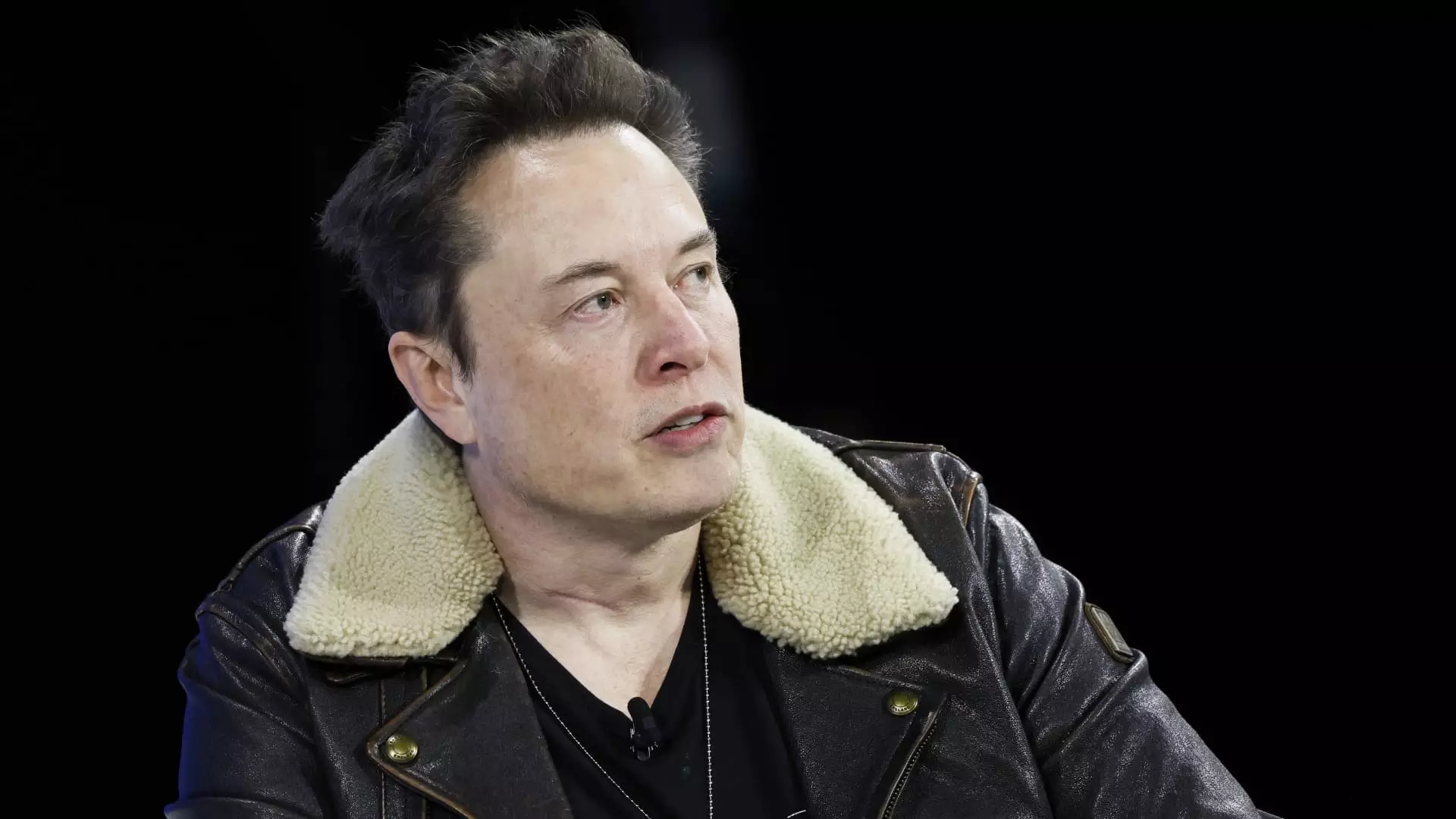In a major development that has sent shockwaves through the business world, a Delaware judge recently invalidated the $56 billion compensation package of Tesla CEO Elon Musk. This ruling came as a result of a lawsuit filed by a shareholder, Richard Tornetta, who alleged that the board of directors failed to demonstrate the fairness of the pay plan. The aftermath of this decision has already been felt, with Tesla’s share price experiencing a 3% decline in after-hours trading. Let’s delve deeper into the implications of this landmark ruling.
When Tesla granted Elon Musk this compensation package in 2018, it stood as the largest in the history of public corporations. It catapulted Musk to the ranks of a centi-billionaire, firmly securing his status as the richest person on the planet. The plan was designed to reward Musk with 12 tranches of Tesla stock options if the company’s market capitalization increased by $50 billion and certain revenue targets were achieved. However, Judge Kathaleen McCormick raised a crucial question: Was the richest person in the world actually overcompensated?
In her 200-page ruling, Judge McCormick highlighted that Tornetta, the plaintiff in this derivative lawsuit, contended that the company’s directors breached their fiduciary duties by awarding Musk a performance-based equity compensation plan. The judge ultimately found merit in Tornetta’s claim, determining that Musk exerted significant control over Tesla and that the process leading to the board’s approval of his compensation was deeply flawed.
Emphasizing Musk’s considerable sway over the company, the judge noted his extensive ties with individuals involved in the negotiation process on Tesla’s behalf. This included former divorce attorney Todd Maron, who served as the company’s General Counsel, as well as various management members who were seemingly beholden to Musk. McCormick concluded that Musk essentially charted his own course throughout the compensation process, disregarding proper scrutiny and recalibrating the terms to suit his own desires. The end result, according to the judge, was an unfair price paid to Musk.
As a consequence of this ruling, the judge has called for the plaintiff to be granted rescission, effectively nullifying the compensation package. The parties involved are expected to engage in further discussions about the implementation of this decision and address any remaining issues, including fees. It remains to be seen how Tesla, Musk, and their respective attorneys will respond to this ruling.
One of the key elements that McCormick’s ruling hinged upon was the finding that Musk, rather than the board of directors and shareholders, ultimately controlled Tesla, particularly when it came to determining his own compensation. In addition to his significant equity stake, Musk held highly influential positions within the company, such as CEO and Chair, and was closely connected to the directors involved in the negotiation process. This individual control over the compensation plan strengthens the argument that the board failed in their oversight duties.
Furthermore, the judge highlighted that Tesla and Musk’s legal team failed to sufficiently prove that the stockholder vote on the compensation plan was adequately informed. The proxy statement was found to contain inaccuracies regarding the independence of certain directors and omitted pertinent details about the negotiation process. These discrepancies further eroded the credibility of the compensation package.
This ruling marks a significant setback for Elon Musk and Tesla, with the invalidated compensation package symbolizing both a financial and reputational blow. It raises questions about the governance practices at Tesla and the level of accountability the company holds towards its shareholders. Additionally, Musk’s recent moves to secure greater voting control over the company may face increased scrutiny in light of this judgment.
The fallout from this ruling is likely to continue as stakeholders await further developments and the potential impact on Tesla’s operations and decision-making. The broader implications may reverberate through the business world, emphasizing the importance of independent oversight and proper governance procedures within public corporations.
As the voided compensation package becomes a reality, the repercussions for Elon Musk and Tesla are becoming clearer. The judge’s decision has disrupted the company’s trajectory and cast doubt on its corporate governance practices. It remains to be seen how Musk will respond to this setback and whether Tesla will undertake significant changes to address the concerns raised in the ruling. In any case, this episode serves as a cautionary tale about the potential pitfalls of excessive executive compensation and the need for robust oversight in corporate decision-making.


Leave a Reply